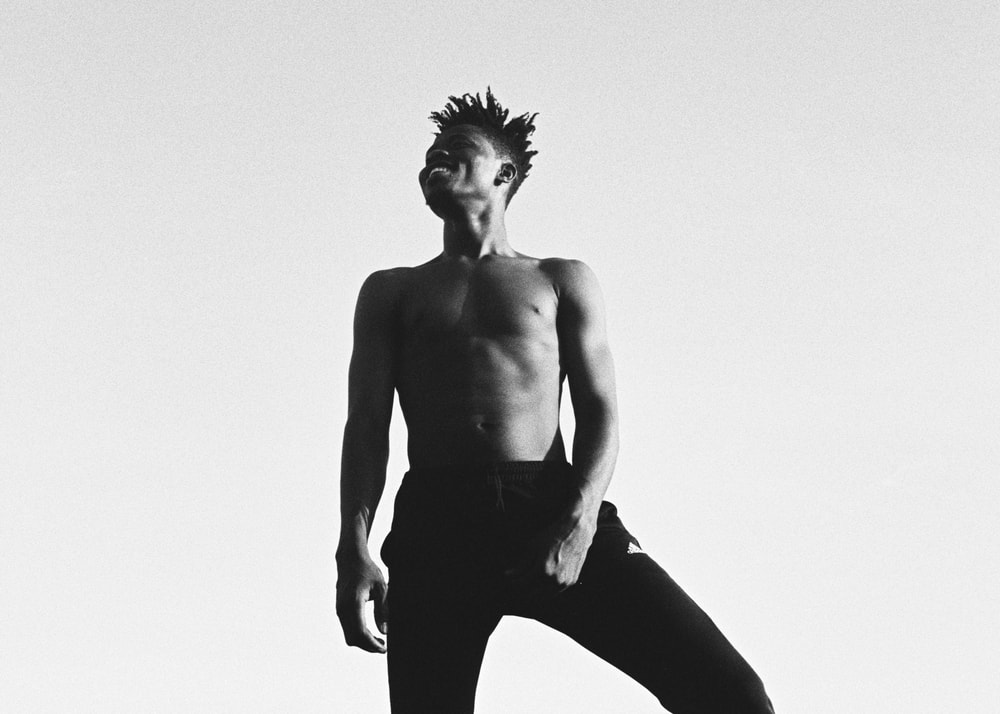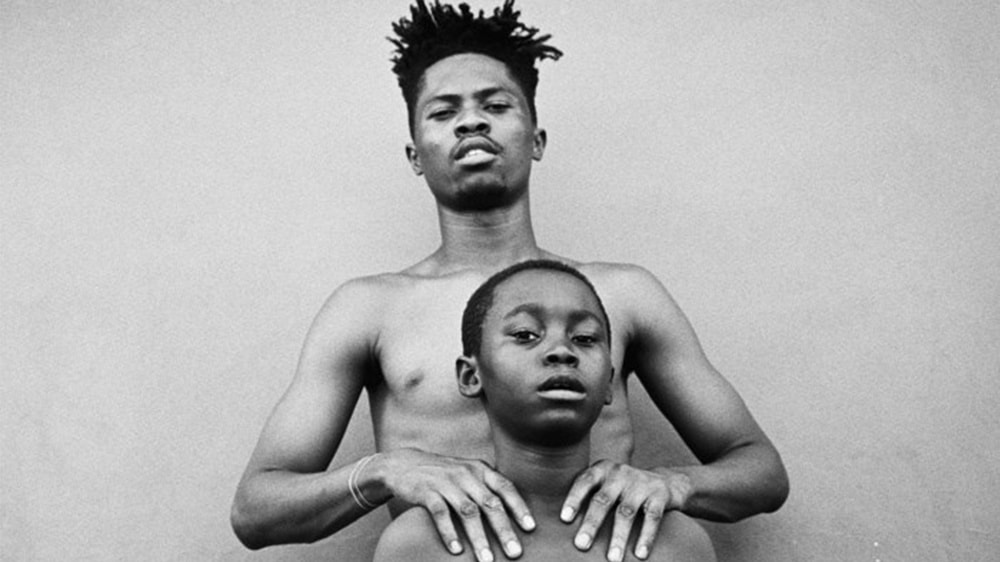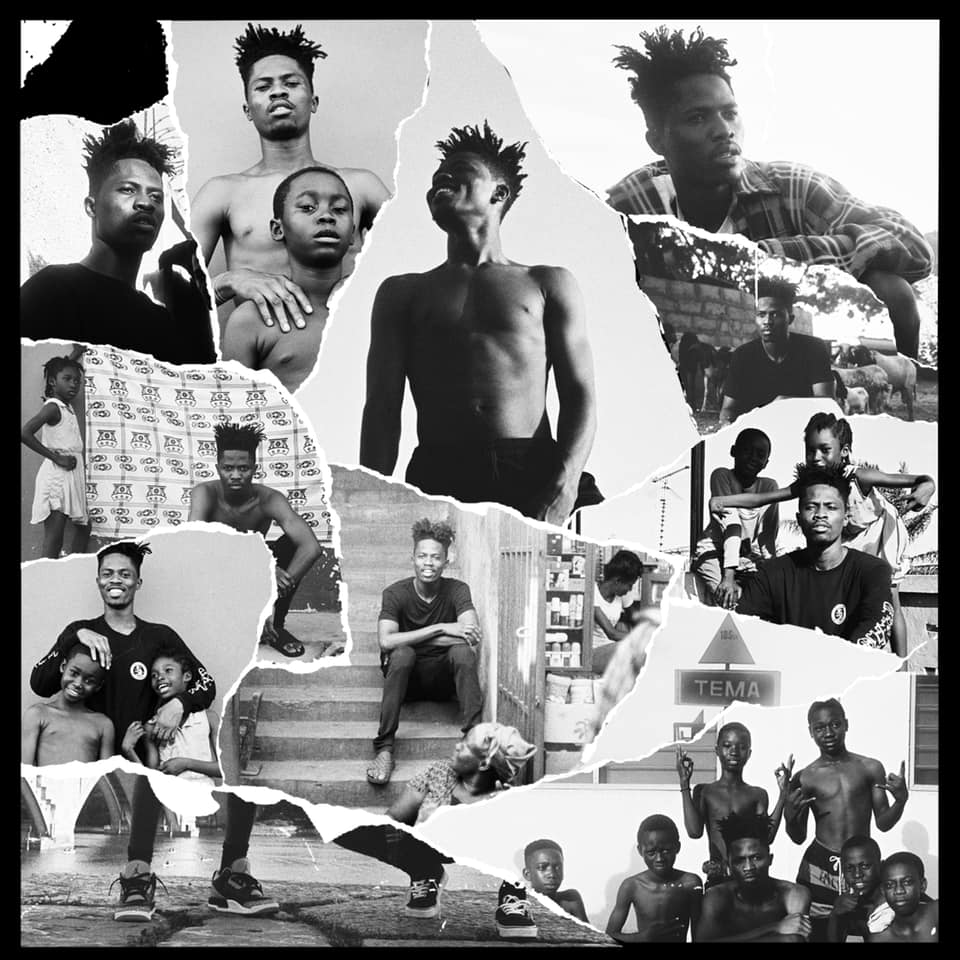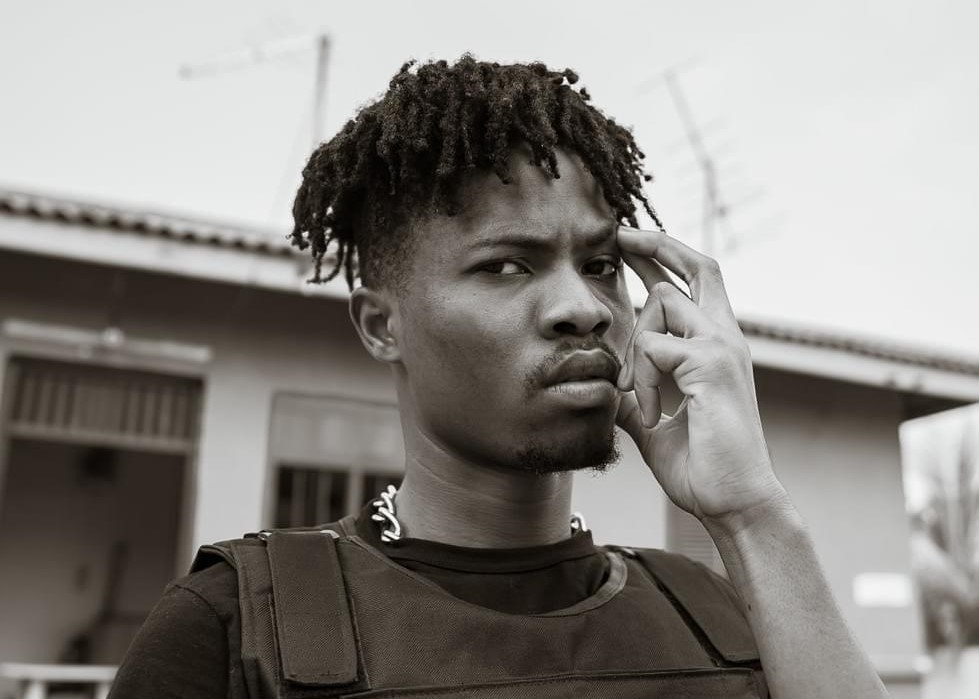The Tema-born rapper Kwesi Arthur is Africa’s brightest prospect and his latest project echoes the truism of that sentiment.
One of the more prophetic moments in hip-hop history was in 1995, when one half of the legendary duo Outkast, Andre 3000, said the words: the South got something to say.
Twenty four years later, hip-hop has tilted to its proclamation. Stars are being discovered every day, trap is America’s music scene greatest export. For a region which was once sidelined among the big names, Andre’s words couldn’t have been more right.
In Africa, Ghana has been the infamous. Unlike Nigerian and South African acts, its musicians were restricted to their own borders; outside the West African nation, very few could pull numbers with the frequency of a Wizkid or Cassper Nyovest. With the exception of Sarkodie, there wasn’t a truly global sensation who flew the Black star. But now, Ghana has something to say.
Since the past half-decade, there has been a reawakening. Ghana is pulling the traction it deserves, given its versatile industry and the array of talented acts at the helm and underground, steering their differing musical ships. Artistes like Bisa Kdei, Medikal, Kuami Eugene, the La Même Gang, Mr. Eazi, Efya, Joey B, Wendy Shay, Stonebwoy, and King Promise have made the break out in recent years, gathering fans across countries and continents as they continue to thrill with their diverse styles. Alongside veterans like M. anifest, Sarkodie, R2Bees, and Shatta Wale – to mention a few – the Ghana music industry has risen, towering, making its claim, saying something.
One artiste who has been at the forefront of this revolution is Kwesi Arthur. The Tema-born 24-year-old has steadily been on the rise since his “Grind day” remix, a collaboration with fellow Tema native Sarkodie and Medikal. On the song, Kwesi Arthur extols hard work and dedication, with his features bringing an added grit to the already boisterous message delivered over the hard-hitting Kayso beat.

Unlike many, Kwesi Arthur lived life. He faced challenges, and almost became a security guard even. His story started to change when he decided to put more into the craft of music. He acknowledges Drake’s debut album Thank me later as being a major influence in that decision. He was endeared by the Canadian’s style of telling personal stories, as opposed to the tough guy persona adopted by many other rappers.
Naturally, he set off this path. He told his story in his singles that led to his debut project Live From Nkrumah Krom, Vol. 1 released in April 2017. The five-track project was an autobiographical account, one in which he stated his reasons for being where he is: he is a hustler, and he must make it here.
Last year was a successful one for Kwesi Arthur. He was nominated across several categories in what is perhaps Ghana’s most prestigious award, the Vodafone Ghana Music Awards. While he lost New Artiste of the Year and Hiplife Artiste of the Year to Kuami Eugene, he wasn’t to be denied as the “Grind day” remix got him the award for Hip Hop Song of the Year. Months later, he was nominated in the BET Viewer’s Choice awards for Best New International Act alongside Mc Soffia (Brazil), Prince Waly (France), Take A Mic (France), Niniola (Nigeria), Sjava (South Africa), Sik-K (South Korea), Nailah Blackman (Trinidad And Tobago), Not3s (UK) and Iamddb (UK). He lost to Sjava, but it was really no loss. He was, after all, getting recognition in the big spaces.
In 2019, Kwesi has continued on his prolific run of form. He’s collaborated with KiDi, GuiltyBeatz, Mr. Eazi, and more recently, Nigeria’s Alté royalty BOJ on “Awolowo”, a song about the complications of a relationship and the role money plays in it. Kwesi Arthur takes the first verse, delivering well-enunciated words which set the song’s tone.
On the back of this buzz generated in the first quarter of the year, he has released his sophomore project, the Live from Nkrumah Krom, Vol. 2: Home Run.
The project begins with “Pray for me”, a quiet song which moves at the pace of a somber reflection. Kwesi’s voice is powerful and sure, even as he lets off verses of vulnerability, asking for prayers. On the hook, he sings: “be like everywhere I go trouble follows me”. The hum and the female back-up vocals do well for the song’s role of an opener.
Stonebwoy comes in for “Radio”, a mid tempo hiplife bop. They both sing about a lover far away. The next song “African Girl” features another dancehall heavyweight, Shatta Wale. The Mindbeatz production is sunny and bouncy, and Kwesi’s ride it for all its genius. Singing passionately of his girl whom he compares to Nicki Minaj, he is inspired. Shatta Wale’s signature vocals bless the record in a way no one else would have.
Mr.Eazi who has been a big brother in the industry to Kwesi since the early days features on “Nobody”. From the first verse to the hook, the theme reveals itself as ‘Eazi-esque’. Kwesi does a good job at singing his heart out at the sudden change of a lover, almost bursting into tears, singing “I don’t want nobody”. Mr. Eazi redeems his big name tag, driving the song home; at the end of his energetic verse, his voice and that of Kwesi Arthur melds into pure beauty. The Mog Beatz production should also be acknowledge – its drum kicks and subtle keys vivifies the song.
Sarkodie comes in for “Kill my spirit”. The Rayf beat is rolling and fluid. Obidi’s flow is so pristine, his voice knife edge sharp. As usual, Kwesi delivers.
“See no evil”, the first solo attempt since the opener is a laid back dancehall song. While the word ‘vibe’ is probably the most overused in describing contemporary music, Kwesi’s quest to be blind to the very dark is deserving of the tag. His rapper tendencies are on full display here as he flaunts wordiness, yet every verse utterly important. The song ends with a voice note – asking for a new project – following in the pattern of the opener.
More than just flaunt bits of rapper Kwesi, “Walk” is the trap coming out to play. Uche B’s production is typical yet different: it bounces, it floats, it skates, and Kwesi and Nasty C flirt about it. Kwesi delivers a duo of hard hitting verses which when placed in comparison to Nasty C’s signature calm flow, is just perfect. Nasty’s “I fly with a condom in my jeans” is the weird flex of the project. At the last second of this, the listener will probably agree with Kwesi when he said “dis thing no be song, dis be bomb”.

The last song “Colours” (the only Kayso-produced song in the EP) begins with a piano playing over a group of creatives excitedly chatting about the pace of their come-up. Kwesi’s first verse begins with the line “Sometimes I no dey like living”. He then goes on to mention his reasons to stay alive, even in the midst of all the sadness. Some lines of the song follows the Ebony Reigns tribute lyric in the previous; death is heavy on Kwesi’s mind. The hook is followed by haunting violin strings. Kwesi’s second verse is rapped in the light (“I just gave my mummy money, that’s what winning be like”), there’s energy and drum kicks, an excellent transition. Kwesi kicks poetic rhymes at the end of the verse for poignancy. The project closes with the ultimate flex: an excerpt from what is presumably a TV interview, his BET nomination mentioned, bringing a full circle to the conversation which began the song.
Kwesi Arthur is a talent. Amongst the myriad of acts in Africa and beyond, he is perhaps the most promising. His latest work only goes to reiterate his standing reputation. More than understanding the mechanics of a song and the perfect feature to go with it, Kwesi’s shows his technicality – LFNK Vol. 2 is coherent and couldn’t have moved at a better pace.
The Tema native seems to be able to make any kind of music he so pleases and it is with such aplomb he does that. At the end of the EP, you will be hard pressed to find a listener who won’t go back to the project to relish the greatness, to relive the minutes that will most likely prove to be the best of contemporary African music this year.
Stream Kwesi Arthur in our One Dance playlist on Spotify and Deezer.
Listen to Kwesi Arthur’s Live from Nkrumah Krom Vol 2. on your favorite platform.
Read Next: Chronicling the re-emergence of Runtown





